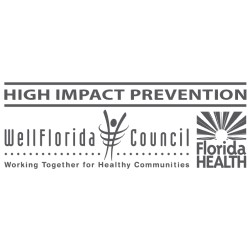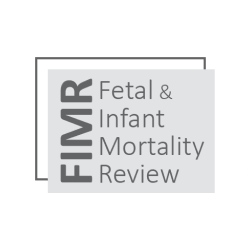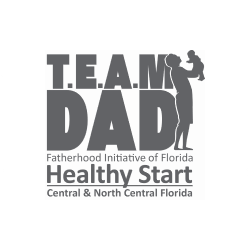Citrus County quality of life–Medicaid: last chance lifeline for many
Citrus County Chronicle Online, January 29, 2012
No one grows up hoping to get on Medicaid.
The program pays for medical care for the poor and disabled and those who are barely scraping by.
It’s the place to go when there is no place else to go. Without Medicaid, most couldn’t afford a simple medical checkup or trip to the dentist.
But it’s also for children of struggling parents to give them the opportunity to grow up healthy, and mothers-to-be for pre-natal care.
And, it is for the poor as they grow older. Just because someone qualifies for Medicare at age 65 doesn’t mean they don’t need the help Medicaid also provides. Nursing homes have Medicare patients as well as those on Medicaid.
Medicaid also helps those who cannot help themselves in other ways. Persons with severe mental and physical disabilities are treated in facilities that receive Medicaid funding.
To many Americans, the program is a lifesaver. It serves 3.2 million Floridians, with half of those being children and people younger than 20, state data shows.
In Citrus County, 20,669 people — 14 percent of the population — are eligible for Medicaid services, according to a WellFlorida Council Inc. report.
It is a federal program overseen by individual states. Both federal and state share in the cost and it is expensive.
In 2009 the federal government spent $367 billion on Medicaid, according to the Kaiser Family Foundation’s statehealthfacts.org web site. Florida spent about $15 billion in 2009; the state is expected to spend about $20 billion this year.
Citing what they see as the potential for fraud and abuse, lawmakers are constantly trying to reduce Medicaid spending. Gov. Rick Scott recommended a $2.1 billion cut this year, mainly in payments to hospitals (see related story).
State Sen. Mike Fasano, R-New Port Richey, worries that Medicaid is an easy target for legislators who do not understand the far-reaching impacts of budget cuts.
“You don’t play politics with people’s lives,” Fasano said. “If some people didn’t get their prescriptions through Medicaid, they wouldn’t live the next day. We have children that need special services because they are special children. They need bedside care because they have that rare illness that keeps Mom home all day long.”
State Rep. Jimmie T. Smith, R-Inverness, said he understands that, but he also said Medicaid cannot be ignored when the state is cutting back.
“We understand there are vitals. There are must-have programs,” Smith said. “There are also areas out there that can be fixed.”
Costs outweigh what Medicaid pays
To providers such as nursing homes and hospitals, Medicaid is one of those necessities that will never pay for itself.
It isn’t regular insurance, which helps pay for specific treatment such as X-rays, lab work and MRIs.
Rather, Medicaid reimbursements are a flat rate based on a provider’s prior average costs.
Allen Curtis, administrator at Citrus Health and Rehab Center in Inverness, receives $216 a day for each Medicaid patient in his facility.
That reimbursement, he said, is short about $6 a day per patient for the actual care and services the patient generally receives.
“We are reimbursed on a very convoluted formula by the state,” Curtis said. “They do not pay for the cost of care.”
The daily rate is adjusted every six months based on something like a per capita cost in four areas: direct care, such as nursing; indirect care, such as dietary; social services, including operations and housekeeping; and fixed costs, such as a mortgage.
While the reimbursement changes based on those estimates, the rates are capped, so Curtis never recoups his actual costs.
“We have to make a little more money on the Medicare side and the private insurance side to make up for that shortfall,” he said.
Citrus Health and Rehab, a nonprofit 111-bed facility, opened in 1994. Its state certification requires Medicaid patients make up half the census.
Curtis, who has been Citrus Health and Rehab administrator for nine years, said keeping services intact in the face of Medicaid cuts and caps is becoming more difficult.
“I still have to maintain all the rules, all the regulations with less and less money,” he said. “And take care of patients who are getting sicker and sicker. It’s going to come to a head soon.”
To read the published article: Citrus County quality of life–medicaid: last chance lifeline for many
Back to News page











